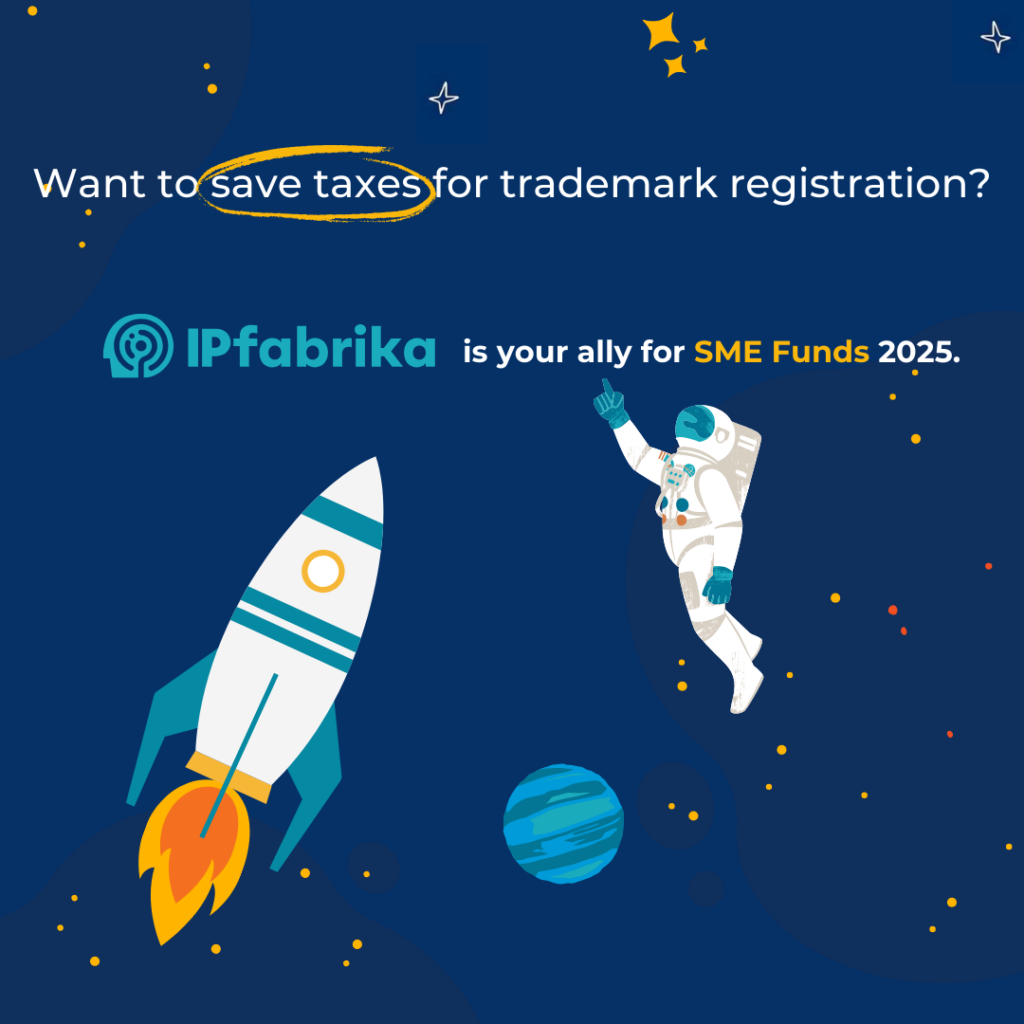A trademark is one of the most valuable assets for any company, regardless of its size or industry. It is a unique sign, symbol, logo, name, or combination of these elements that identifies a business’s products or services and sets them apart from competitors. Trademarks play a crucial role in shaping a company’s image and fostering trust among consumers.
Main Characteristics of a Trademark
Identification:
A trademark enables consumers to easily recognize a company’s products or services. This identification is a key factor in purchasing decisions, especially when numerous similar offerings are available on the market.
Legal Protection:
A registered trademark provides its owner with legal protection against unauthorized use by third parties. This ensures that other companies cannot use an identical or similar brand for related products or services, safeguarding businesses against fraud and unfair competition.
Building a Reputation:
Over time, a brand can become a symbol of quality, reliability, and prestige. Well-known brands often evoke positive emotions in consumers, significantly boosting trust in the company’s products or services.
Marketing Tool:
Branding is a cornerstone of any marketing strategy. By effectively leveraging a brand, companies can enhance their market positioning and attract new customers. The logo and tagline associated with a brand are often the first elements that consumers remember.
Trademark Registration Process
Registering a trademark is a critical step for any business aiming to protect its products or services. The process typically involves the following steps:
Choosing a Unique Name or Symbol:
Before starting the registration process, you must select a unique name or logo that does not resemble existing registered marks.
Availability Research:
Before filing a registration application, it is crucial to verify that the chosen mark has not already been registered by another company. This research can be conducted in national or international trademark registries.
Submitting an Application:
Once you confirm that your chosen mark is unique, you must submit a registration application to the relevant government authority, such as the Patent Office in Bulgaria. The application should include a detailed description of the mark and a list of goods and services for which it will be used.
Verification and Approval:
After submission, the relevant authorities will examine your application. If it meets the required standards, the mark will be registered and legally protected.
You can learn more about the trademark registration process from here.
Advantages of a Registered Trademark
Exclusive Rights:
The owner of a registered trademark gains the exclusive right to use it and can prevent others from unauthorized use.
Licensing Opportunities:
Trademarks can be licensed or sold to third parties, potentially generating additional revenue for the company.
Increased Company Value:
The age and recognition of a brand can significantly enhance a company’s valuation, especially during mergers or sales.
A trademark is more than just a symbol or logo – it is the core of a successful business strategy. Registering your trademark not only protects your business but also fosters long-term customer relationships, which is key to any company’s growth and success. Whether you are a small entrepreneur or a large corporation, investing in brand protection is an investment in your business’s future.
Quickly and easily conduct a trademark check through the IPFabrika website. For more information, contact our experienced team specializing in trademark and intellectual property protection.
Image: Getty Images





